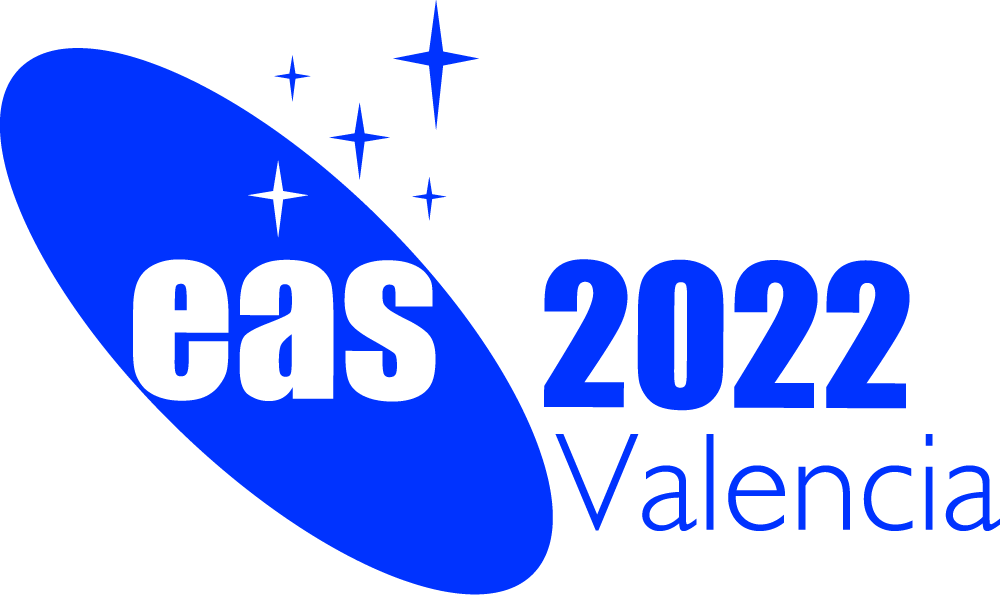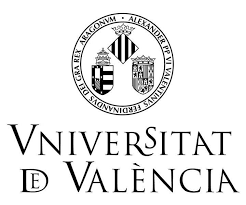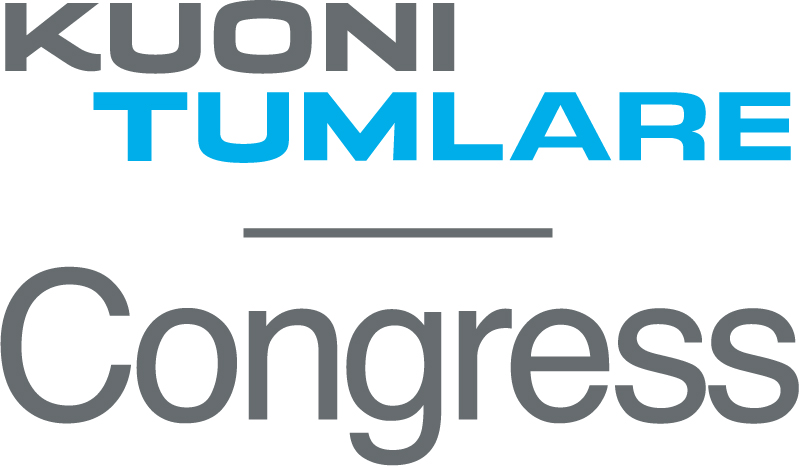
|
Special Session SS11
27 June 2022
The astonishing variety of neutron star neighbourhoods
The neighbourhood of a neutron star shows a rich observational phenomenology and provides a laboratory of various topics in astrophysics such as shock physics, high energy particle acceleration and propagation, or interactions of matter with radiation and magnetic fields.
New observational diagnostics of this local environment are enabled by the powerful emission of the neutron star, its explosive birth, and relativistic outflows. These diagnostics also reveal important puzzle pieces in the story about the past, present and future properties and evolution of the compact object.
Programme This session will focus on neutron stars without stellar companions.
Invited speakers
Scientific organisers Ali Alpar (Sabanci University), Niccolo' Bucciantini (University of Florence), Emma de Oña Wilhelmi (DESY), George Pavlov (Pennsylvania State University), Bettina Posselt (chair, Oxford University), Tea Temim (Princeton University) Contact bettina.posselt @ physics.ox.ac.uk Updated on Sun May 22 22:48:10 CEST 2022
|
|||||||||||
|
European Astronomical Society |
||||||||||||
 A power cut will shut down all EAS services on Tuesday, 10 January 2017 starting at 7:30 CET.
A power cut will shut down all EAS services on Tuesday, 10 January 2017 starting at 7:30 CET.


